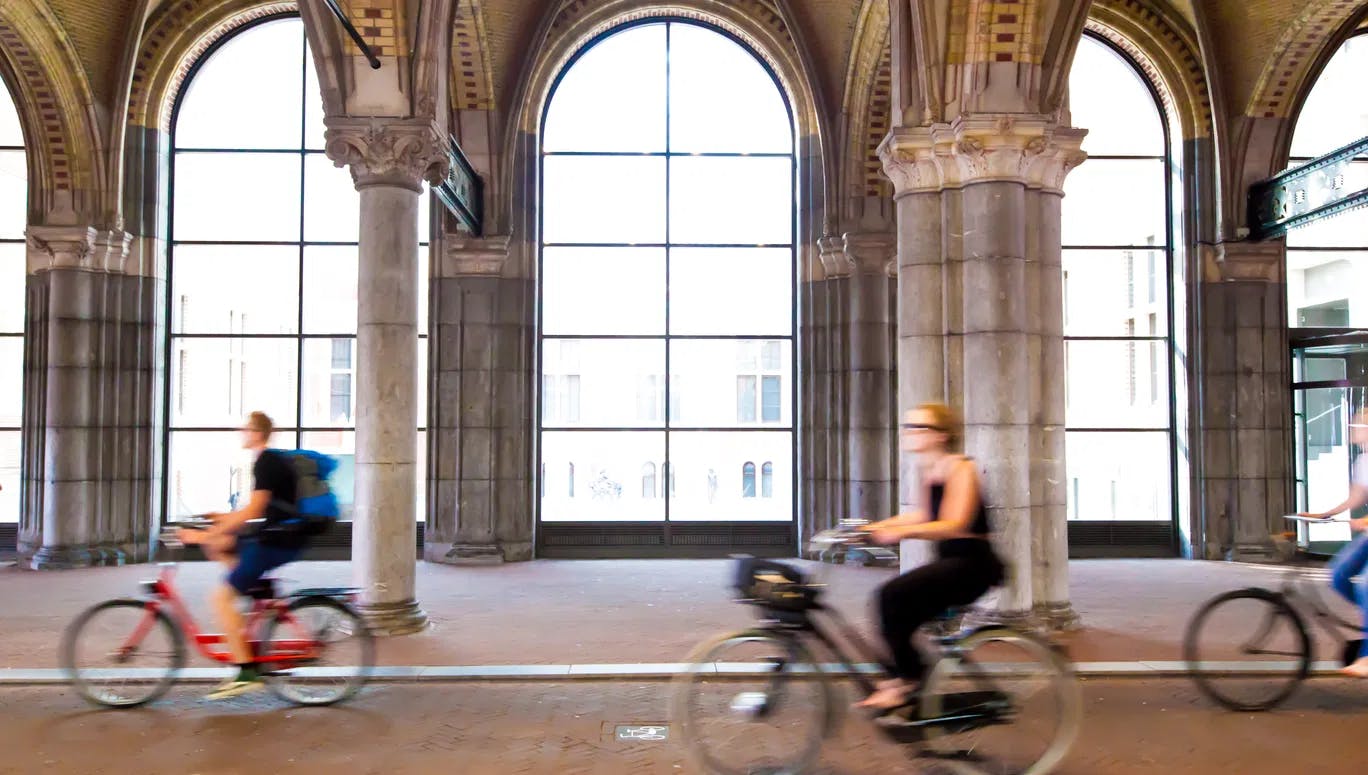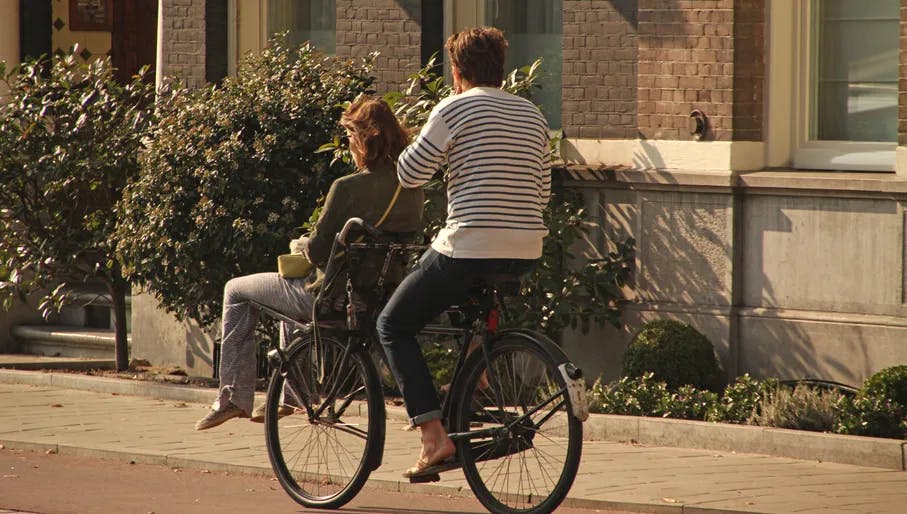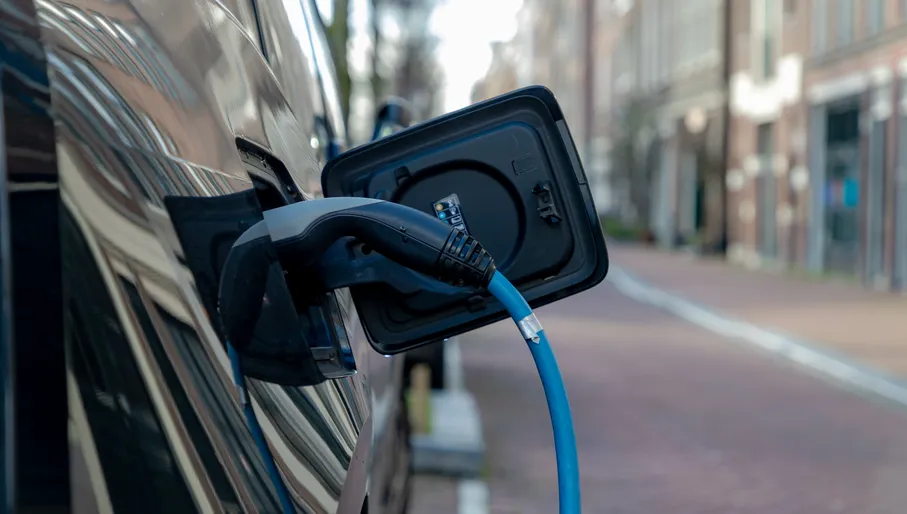
Amsterdam ranks #2 in the Urban Mobility Readiness Index
Jumping up 4 spots to #2
The fifth edition of the Urban Mobility Readiness Index, is an extensive study to find out the cities most prepared for the future of urban mobility. Amsterdam has landed 2nd place in the research by the Oliver Wyman Forum and the University of California, Berkeley which includes 65 major cities worldwide and researches categories such as top public transit systems, economic pressures and mobility, clean energy fuel and sustainability.
According to the index, cities that offer affordable and efficient mobility with simple essentials — like cycling lanes or efficient trains — can buffer against risks like record-breaking heat waves or high living costs that threaten how and why people travel. Amsterdam in particular excelled in this year’s ranking thanks to its extensive cycling infrastructure and electric vehicle (EV) solutions.

More than a cycling culture
While Amsterdam now holds the title of the cycling capital of the world, it was not always a haven for bikes. Like many other cities, cyclists faced challenges with the surge in car traffic. Over the years, the city has responded with a multi-decade initiative to prioritise cyclists, redesigning streets to accommodate pedal-powered mobility.
Today, the city boasts an exceptionally efficient mobility network thanks to intelligent biking infrastructure, advanced traffic management systems, and a dense network of electric vehicle charging stations. This commitment to cycling and EV usage has propelled Amsterdam to a commendable runner-up position in the sustainability sub-index.
Amsterdammers cycle a combined two million kilometres per day. That’s the equivalent of 50 times around the planet. To accommodate, Amsterdam is building on its cycling metropolis based on three objectives:
- Smooth cycling - Cyclists in Amsterdam reach their destination via wide, direct, fast, smooth and recognisable routes.
- Better Biking - In Amsterdam, cyclists are encouraged to adopt a new approach to biking characterised by responsible behaviour to minimise disruptions.
- Parking - Cyclists in Amsterdam find an available parking space close to their destination and main hotspots have more accessibility and options to park with ease.
Underwater ingenuity and smart EV solutions
Another reason Amsterdam does so well in urban mobility is the impressive cycling infrastructure including the newly opened innovative underwater garage, accommodating 7,000 bicycles. This facility is conveniently situated beneath Amsterdam's Centraal Station. The new infrastructure is directly linked to the city's cycling objectives and creates easy movement.
Stationsplein Underwater Bike Parking at Amsterdam Centraal

The effectiveness of Amsterdam's mobility network is greatly improved through the comprehensive EV charging infrastructure. As the demand grows the City of Amsterdam and its partners are experimenting with a system that facilitates mass EV charging by offering flexible charging speeds. The Flexpower charging system efficiently redistributes power among neighbourhood EVs, adjusting charging speed based on the total number of cars and grid capacity allowing faster charging when needed.

Opportunities for better transport developments
Every city is a work in progress, and Amsterdam is no different. One area that the city is still working on is an attempt to reduce private car ownership, and optimise accessibility for better public transport utilisation.
The city is actively planning new metro and tram routes designed with greater accessibility in mind. Additionally, there's a commitment to creating wider spaces for pedestrians in street redesigns to enhance the modal share of pedestrians, given the lower popularity of ride-sharing options and pedestrians compared to cycling. This realisation underscores the city's acknowledgement that there is potential for enhancement in other modes of transportation to create a more inclusive and accessible urban environment.